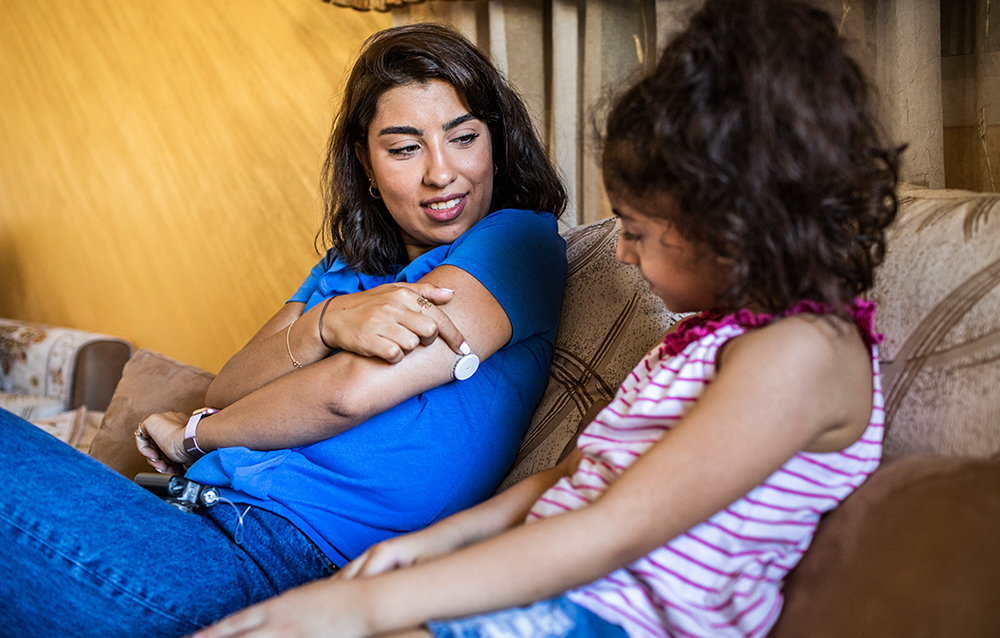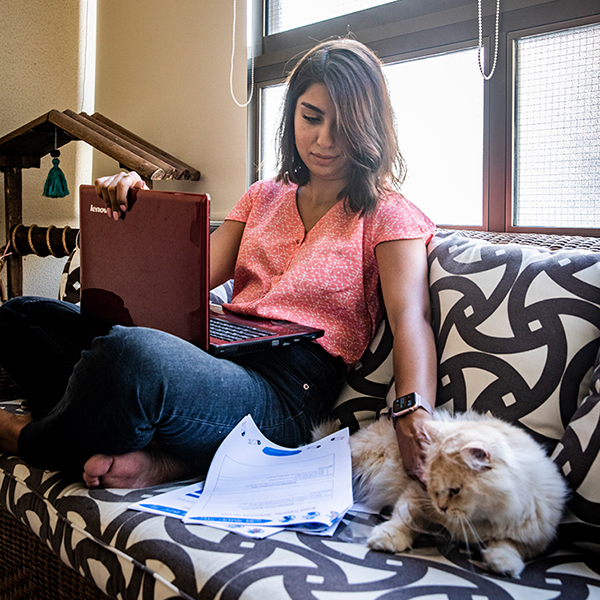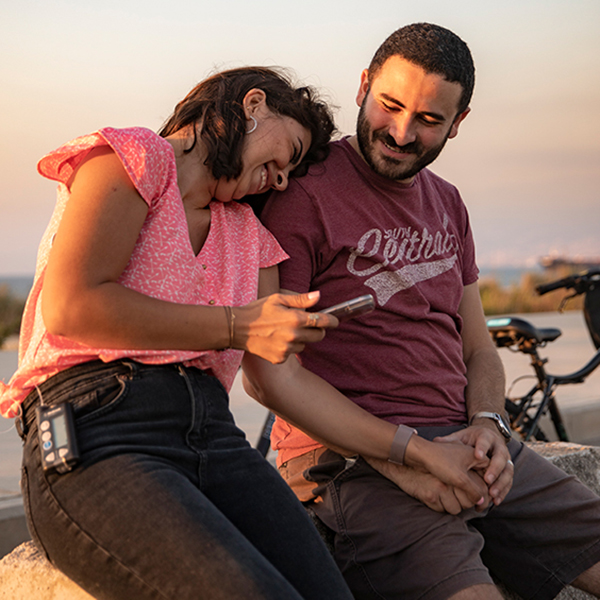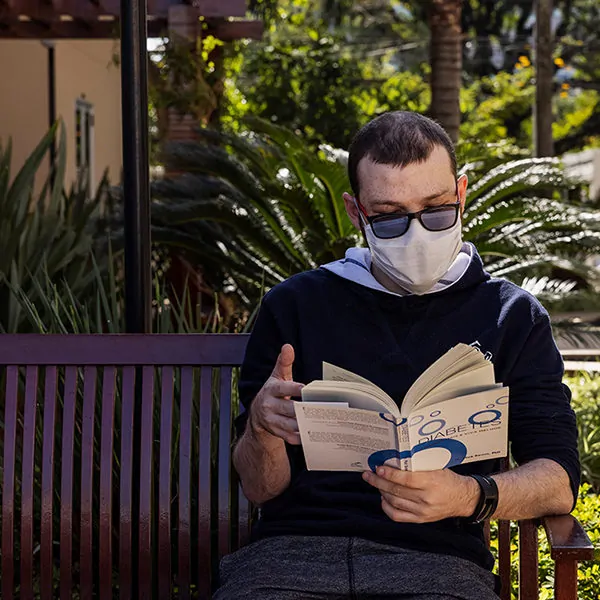Cyrine Farhat
Lebanon
Cyrine Farhat
Lebanon
Living with diabetes has given me a new perspective. When I was diagnosed at 15, I had to suddenly take charge of my life and make important daily decisions to stay healthy and thrive. Diabetes took away a lot of the freedom that I felt I needed growing up. I could not do many of the things that my friends did. This gave me more drive later in life to expand and push the norms of what a woman with diabetes can and cannot do.
My father’s diabetes diagnosis was the trigger that pushed me into diabetes advocacy. I had always coped well with my type 1 diabetes, but felt that there was a great need for support groups and free access to information for people living with diabetes in my country. As the carer of someone living with the condition, I felt more tools were needed to empower people affected to take control of their diabetes in a positive away. On the day that my father was diagnosed, I came up with the idea for “Positive on Glucose”, which started as an Instagram page and has grown into an NGO.
Diabetes took away a lot of the freedom that I felt I needed growing up.

Lebanon is going through an economic crisis that is having a devastating impact on people living with diabetes. Access to fundamental components of care like insulin, syringes, monitoring equipment and supplies has been severely disrupted, with hospitals and health services lacking electricity and fuel to function properly.
The government must develop a national diabetes programme that ensures access to the fundamental components of care for people living with diabetes, including services that focus on management, nutrition, and mental health.
“The government must develop a national diabetes programme that ensures access to the fundamental components of care for people living with diabetes.”


More inspiring stories from across the world

Tazul Islam
Bangladesh
Tazul Islam
My diagnosis had a huge impact on me, my family and friends.

Ronaldo Wieselberg
Brazil
Ronaldo Wieselberg
A friend's death from DKA completely changed my life and led me to devote myself to helping avoid as many diabetes-related deaths as I can.

Michael Donohoe
USA
Michael Donohoe
Time has provided perspective and now that I live with multiple complications and related conditions, I am less anxious and more focused on what I can do to help others.

Tazul Islam
Bangladesh
Tazul Islam
My diagnosis had a huge impact on me, my family and friends.

Ronaldo Wieselberg
Brazil
Ronaldo Wieselberg
A friend's death from DKA completely changed my life and led me to devote myself to helping avoid as many diabetes-related deaths as I can.

Michael Donohoe
USA
Michael Donohoe
Time has provided perspective and now that I live with multiple complications and related conditions, I am less anxious and more focused on what I can do to help others.